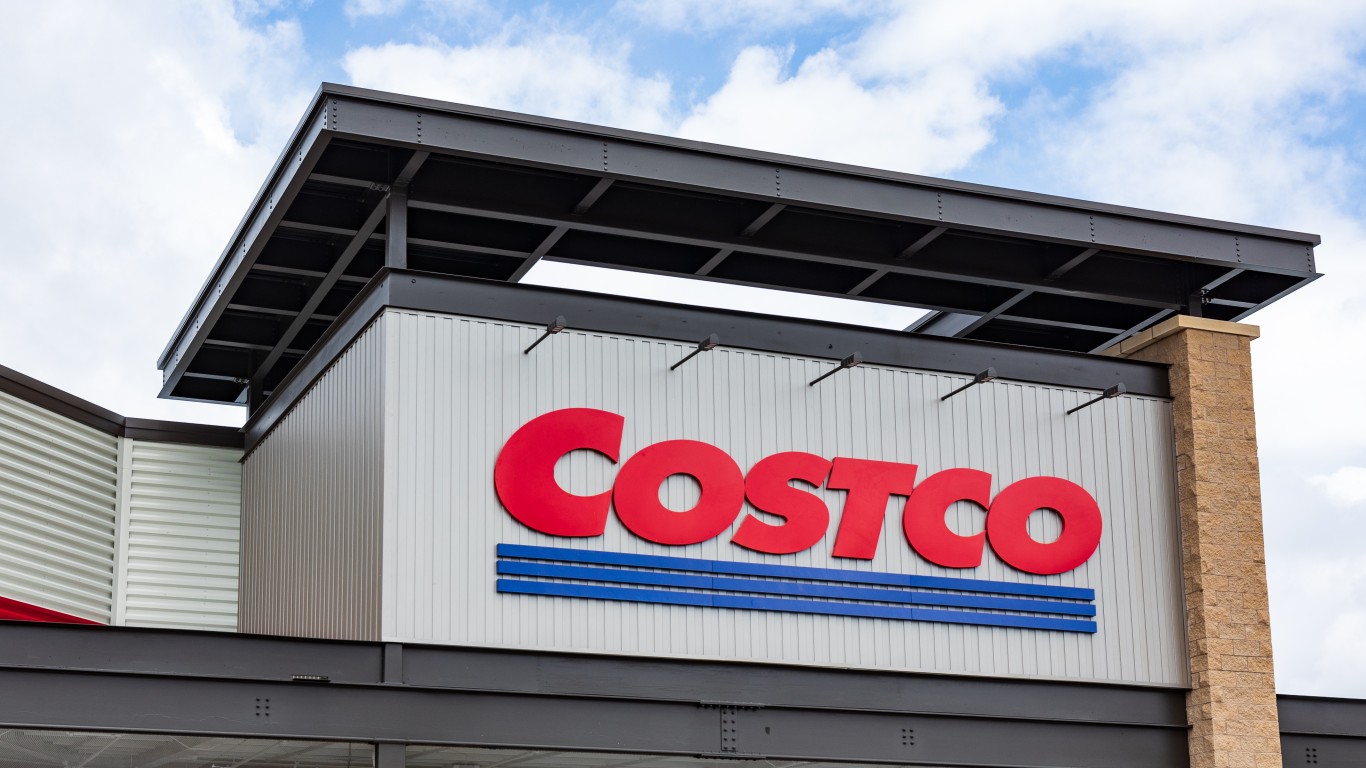 McDonald’s (NYSE: MCD) is tired of taking blame for soaring childhood obesity rates and the resulting Type 2 diabetes and heart disease. The company’s CEO Jim Skinner told the FT that the “food police” have no business telling the company what it can and cannot sell. He reacted to a new law in San Francisco meant to undermine the sales of high calorie food. “We’ll continue to sell Happy Meals,” said Mr Skinner, in the face of a ban that does not become effective until December 2011. The new rule “really takes personal choice away from families who are more than capable of making their own decisions.”
McDonald’s (NYSE: MCD) is tired of taking blame for soaring childhood obesity rates and the resulting Type 2 diabetes and heart disease. The company’s CEO Jim Skinner told the FT that the “food police” have no business telling the company what it can and cannot sell. He reacted to a new law in San Francisco meant to undermine the sales of high calorie food. “We’ll continue to sell Happy Meals,” said Mr Skinner, in the face of a ban that does not become effective until December 2011. The new rule “really takes personal choice away from families who are more than capable of making their own decisions.”
Skinner did not mention the decades-long American tradition of telling people what they should or should not do with substances which are “dangerous.” This history runs from Prohibition to the current bans on some recreational drugs and smoking indoors. People are not allowed to drive while drinking. These may be violations of personal liberties, but lawmakers do not seem to care.
McDonald’s position is that Americans should be able to eat themselves to death. It is a well-reasoned argument. People who do not go to the fast food chain will probably find high-calorie, high-fat meals somewhere else. So, why not let them buy it at McDonald’s where the food is prepared in a clean and regulated environment. People can drive up in their cars to get it. Why should the obese have to walk? McDonald’s also argues that its practices are good for shareholders who have done unusually well from its rising stock price.
There is another agenda in the trend toward regulating fast food. That is the tax angle. The talk of putting taxes on soda and other sugar-based drinks has grown louder. Such taxes would help close financial deficits at the state and federal level. There is no reason to view a soda tax as any more or less fair than the levies on gasoline.
A tax on food based on calorie level and nutrition value would hurt McDonald’s profits. Politicians may say such a tax would kill two birds with one stone. The tax would give people an incentive to eat more healthy meals. That should bring down health care costs over time. The government can collect a lot of tax revenue in the interim. Why should fat kids be the only ones who get a benefit from fast food?
Douglas A. McIntyre
Are You Ahead, or Behind on Retirement?
If you’re one of the over 4 Million Americans set to retire this year, you may want to pay attention. Many people have worked their whole lives preparing to retire without ever knowing the answer to the most important question: am I ahead, or behind on my goals?
Don’t make the same mistake. It’s an easy question to answer. A quick conversation with a financial advisor can help you unpack your savings, spending, and goals for your money. With Zoe Financial’s free matching tool, you can connect with trusted financial advisors in minutes.
Why wait? Click here to get started today!
Thank you for reading! Have some feedback for us?
Contact the 24/7 Wall St. editorial team.



